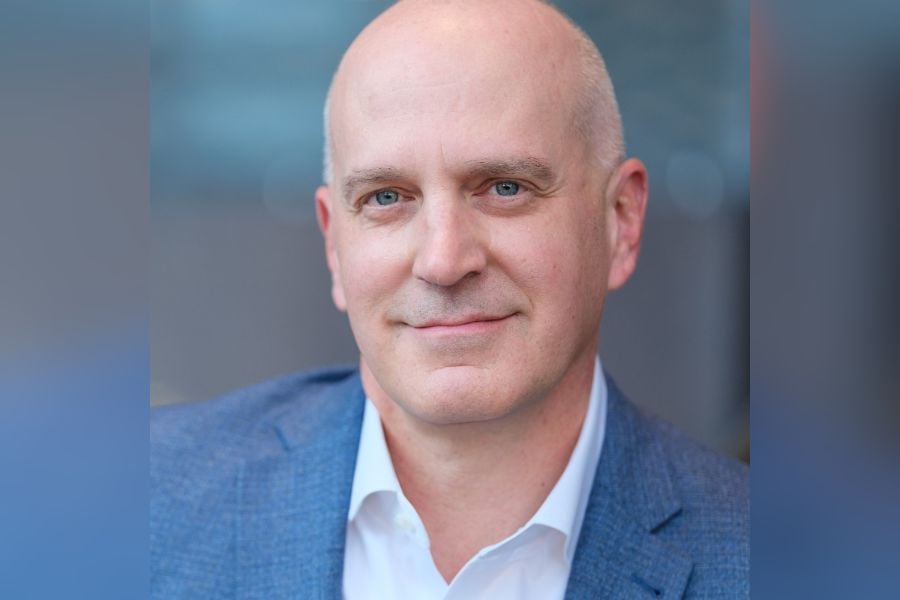

One of the biggest potential problems Thomas West foresees for the future of the RIA space is organic growth.
“Net flows are a big problem in the industry,” said West, a senior partner at Signature Estate & Investment Advisors, an independent firm. “The issue with net flows, a lot of times, is after the first investor gets sick or dies, the industry or individual firms do a really crummy job of holding onto those assets. It’s affecting net flows, and it's affecting organic growth."
In addition, given how much client-based revenues could potentially drop as the years go by and everyone ages, West added, advisors need to ask themselves, “What am I going to be doing to replace that?”
“Advisors need to have a plan and the way to start the plan is become very aware of what your book looks like five years and 10 years from now, and respond accordingly,” he said.
West, who is also founder of the Lifecare Affordability Plan, thinks the big challenge for RIAs is “What are we going to do about organic growth when we can't hold on to the household after the death or disability of the primary relationship? I think there’s going to be different winners and losers in the RIA space based on their ability to answer that question.”
West’s firm, SEIA, covers everything in the wealth management space, from 401(k)s to families in transition and cognitive care.
West said the Virginia-based firm sets itself apart from other RIAs or niche practices simply because it offers differentiated expertise. When health circumstances change priorities, there will also be a change in how financial decisions need to be made, he said, especially when it comes to the onset of a chronic illness.
“Families sometimes aren't even aware that some of their hopes, dreams and plans have to be replaced with new ones based on new circumstances,” West said. “What really differentiates us is we serve as an active guide that helps families understand their circumstances, not just their financial circumstances, but how to stitch together their new health reality, with family roles and financial implications. Then, we stand shoulder to shoulder with them as they move through different inflection points that require financial, family and health care decisions.”
West works with a mix of second-generation clients and high-net-worth individuals who are going through life transitions, such as aging, longevity or retirement; he also works with clients who are dealing with dementia and other cognitive issues. This was the reason he founded the Lifecare Affordability Plan in 2015.
“Health circumstance diagnoses and prescriptions associated with chronic illnesses, a lot of times, hijacks the family's priorities,” West said.
The Lifecare Affordability Plan focuses on anticipating changing priorities based on a client’s current diagnosis, along with what medical professionals and senior housing healthcare professionals were prescribing them in the future, West explained. It also is about figuring out where the new medical condition might take the client and working out optimum decisions that they might need to make for their family, for their health and for their independence.
“What we really tried to do is tailor all of our financial planning in anticipation of those health-related inflection points,” he said.
West manages about $750 million in assets for his clients, and SEIA has $20 billion in assets under management with 17 partners that service a variety of financial planning areas, from retirement planning to tax and estate planning. Even though Signature Estate – which has several locations across the country – went independent from Osaic in 2023, West says the two firms parted amicably, and that “the left hand and the right hand continue to work” together, even though their formal relationship has changed.
Reverence Capital now has a stake in Osaic, and it invested in a majority share of SEIA in 2022.
“We're very collegial from an institution standpoint and imagine that our futures are headed in the right direction,” West added.

A federal appeals court says UBS can’t force arbitration in a trustee lawsuit over alleged fiduciary breaches involving millions in charitable assets.

NorthRock Partners' second deal of 2025 expands its Bay Area presence with a planning practice for tech professionals, entrepreneurs, and business owners.

Rather than big projects and ambitious revamps, a few small but consequential tweaks could make all the difference while still leaving time for well-deserved days off.

Hadley, whose time at Goldman included working with newly appointed CEO Larry Restieri, will lead the firm's efforts at advisor engagement, growth initiatives, and practice management support.

Survey reveals how cutting through the noise is advisors' superpower.
Orion's Tom Wilson on delivering coordinated, high-touch service in a world where returns alone no longer set you apart.
Barely a decade old, registered index-linked annuities have quickly surged in popularity, thanks to their unique blend of protection and growth potential—an appealing option for investors looking to chart a steadier course through today's choppy market waters, says Myles Lambert, Brighthouse Financial.
